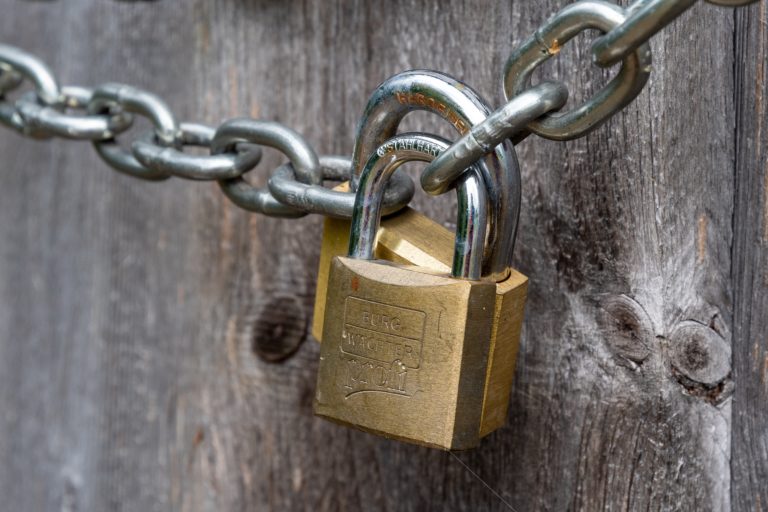
Should I Discuss Estate Planning with My Children?
US News & World Report’s recent article entitled “Discuss Your Estate Plan With Your Children” says that staying up-to-date with your estate plan and sharing your plans with your children could make a big impact on your legacy and what you’ll pay in estate taxes. Let’s look at why you should consider talking to your children about estate planning.
People frequently create an estate plan and name their child as the trustee or executor. However, they fail to discuss the role and what’s involved with them. Ask your kids if they’re comfortable acting as the executor, trustee, or power of attorney. Review what each of the roles involves and explain the responsibilities. The estate documents state some critical responsibilities but don’t provide all the details. Having your children involved in the process and getting their buy-in will be a big benefit in the future.
Share information about valuables stored in a fireproof safe or add their name to the safety deposit box. Tell them about your accounts at financial institutions and the titling of the various accounts, so that these accounts aren’t forgotten, and bills get paid when you’re not around.
Parents can get children involved with a meeting with their estate planning attorney to review the estate plan and pertinent duties of each child. If they have questions, an experienced estate planning attorney can answer them in the context of the overall estate plan.
If children are minors, invite the successor trustee to also be part of the meeting.
Explain what you own, what type of accounts you have and how they’re treated from a tax perspective.
Discussing your estate plan with your children provides a valuable opportunity to connect with your loved ones, even after you are gone. An individual’s attitudes about money says much about his or her values.
Sharing with your children what your money means to you, and why you are speaking with them about it, will help guide them in honoring your memory.
There are many personal reasons to discuss your estate plans with your children. While it’s a simple step, it’s not easy to have this conversation. However, the pandemic emphasized the need to not procrastinate when it comes to estate planning. It’s also provided an opportunity to discuss these estate plans with your children.
Reference: US News & World Report (Feb. 17, 2021) “Discuss Your Estate Plan With Your Children”









